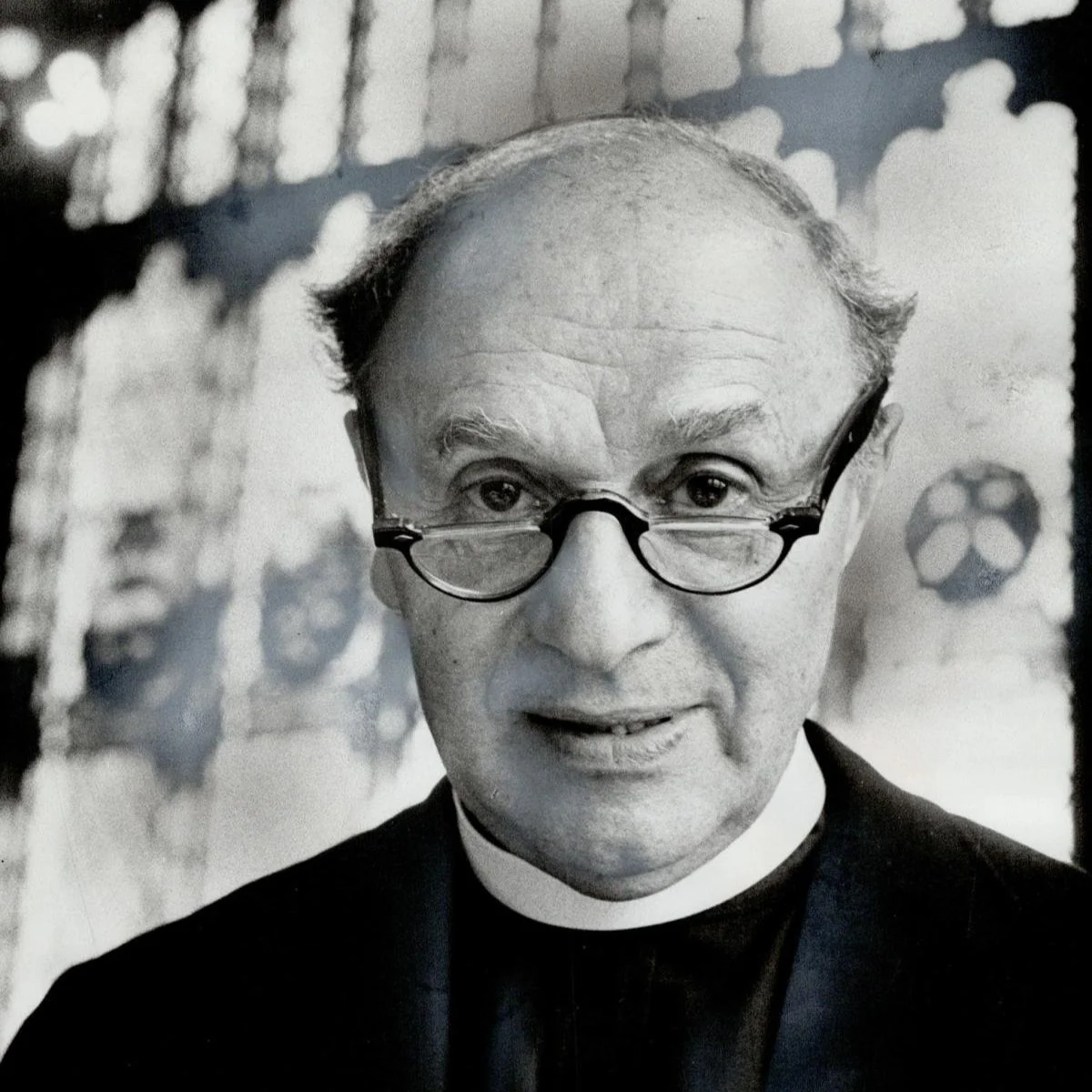You Always Hurt the Ones You Love
The Books and the Bagels is a blog series from CWI (N America) that sets forth some useful books with review, and some conversational stories from the world of Jewish mission, with or without the Bagels!
Book Review: The Jewish People and Jesus Christ ( - the relationship between Church and Synagogue), Jakob Jocz.
One of the most confusing and misunderstood things pertaining to the Church and its relation to the Jewish people is just that: what is the relationship?
Church & Israel?
There are evangelicals of the dispensationalist mind (and I know there is great diversity within that title), who see a distinct separation between ‘Church’ and ‘Israel’. For some radical dispensationalists, Israel’s failure to receive her Messiah at the time of Jesus was met by God’s ‘Plan B’, sometimes termed ‘the Church Age’, and something of a parenthesis to God’s original plan.
We want to maintain that with God there is no parenthesis; and there are not two peoples; Israel and the Church (Gentile). But rather He has one plan and one people, from Genesis through Revelation and beyond. In the days of ‘minority’, commonly understood as days of the Old Testament, this people was largely Jewish (- there was always a remnant of faithful Jewish believers in the saving work and grace of God), but in the days of ‘majority’, commonly understood as New Testament, this people began as a Jewish church, but spread into the world of the Goyim / Gentiles, until the people of God, saved by grace through faith in the Divine work on Calvary, became largely, almost exclusively, Gentiles.
However, the reality through Church history was that the Gentile institutional ‘Church’ began to persecute, yes, even kill, those from whom the gospel came, namely ethnic Israel. The ‘daughter’ began to hate the ‘mother’, and so Church history is not pleasant reading pertaining to the relationship between Church and Israel.
Jakob Jocz
Jakob Jocz approached this subject of relationship both as a scholar and as Jewish believer in ‘The Jewish People and Jesus Christ’; a book first published in 1949, (my copy, 3rd Ed. 1979, by Baker Book House). Jocz taught Systematic Theology at Wycliffe College, University of Toronto, and this book was praised by none other than the British New Testament scholar FF Bruce.
Why do I bring this book to our attention? Well, in the first instance, Jocz is not as well known as he should be! And I commend to you the website www.jocz.ca to learn more. But my desire in general is that the Church learn more about the relationship we have had through the centuries with our Jewish ‘family’ (Romans 11:28, ‘loved on account of the patriarchs’), and seek to do better than a former generation, in expressing our love and longing, ‘that they might be saved’. (Romans 10:1) Jakob Jocz is a good teacher that we might achieve that. (I also conclude the blog with several other titles for your further consideration.)
So let me whet your appetite for this particular book: ‘The Jewish People and Jesus Christ.’
The chapter headings are very helpfully broken down into many subheadings of great value and interest: ‘Jesus Christ and the Synagogue’, ‘The Church and the Jews’, ‘Contemporary Judaism and Jesus Christ’, ‘Primitive Hebrew Christianity’, ‘Contemporary Hebrew Christianity’. Nor does he shy away from serious theological issues between Christianity and Judaism, on the unity of God, the Jewish conception of sin, or free will. And while we may not find his theology wholly compatible with our own well formed theological absolutes(!), we do well to listen to his argument from his Jewish Christian perspective.
Church History: the memorable and forgotten
‘It is commonplace for the Jews to associate the name of Jesus with the Ghetto, the Badge, and the Inquisition. To Jews of Eastern Europe the Cross to this day is a symbol of persecution. And how could it be otherwise?’
When we enter the world of Jewish mission, this context and memorable history is something we will face and need to reckon with. Failure to do so will simply lead to our being ignored at best, or considered unconcerned at worst.
In chapter 3, Jocz rightly reminds us of the church fathers who wrote somewhat distastefully (and erroneously) concerning their spiritual parentage. ‘Jerome… maintain(s) that God gave the Jews the Law with the deliberate intention of deceiving them and leading them to destruction’. Speaking still of those early centuries he writes, ‘The inclusion of the Gentiles in the commonwealth of Israel is one thing, but the inclusion of the Gentiles at the expense of the Jews is another. In this respect the Gentile Church was nearer the view of Marcion than that of Paul’.
His scathing (and unavoidable) truth-telling continues in this particular chapter on ‘The Church and the Jews’:
‘It is no exaggeration to say that the empirical Church, i.e. the Church of history, has shown herself the greatest enemy of the Jewish people. The Church has, therefore, been the first and foremost stumbling block in the Jewish appreciation of Jesus’.
Writing in the middle of the 20th century he has much reason to say such things. He notes that the president of the Holy Synod in Czarist Russia suggested that the solution to the Jewish problem lay in the emigration of one third, the ‘conversion’ of another third, and the massacre of the rest. In 1938 he notes that when the Patriarch of the Church in Roumania, Miron Cristea, became Prime Minister, he declared himself in favor of anti-semitism.
He thus makes, for me, a stunning summary of the issue:
‘It is only natural that this Jewish aversion to Christianity should take the form of suspicions and antipathy to Jesus Christ. If it is true that in the sinister shadow of the Cross, the church has forgotten not only the word, “Father forgive them, for they know not what they do”, but the vast extent of her indebtedness to the Jews, it is equally true that the Jews have forgotten to distinguish between historic Christianity and Jesus Christ. But the Jewish mistake is easier to explain’.
Yes, we wish Jewish people today to see the difference between historic, institutionalized, and in particular, Roman Catholic, Christianity, which was undeniably anti-semitic; compared with that of Reformed and Biblical Christianity, which has a strong love for the Jewish people. However, they continue to remember the bad, and we Gentile Christians have no option but to put hands up and confess to the unchristian realities of Church History.
If it was the Jewish people that killed Jesus (though I maintain it was the Italians! – Roman cross, Roman soldiers, Roman nails…), then we need to believe Christ’s words, ‘Father forgive them’, are effectually heard and answered. How can we ever excuse the term ‘Christ-killers’, or that of some ‘fathers’, who called the Jewish crime, deicide?
Hebrew Christianity
Moving from the sad and bad history, Jocz takes us closer to the present and helpfully charts, particularly in chapter 5, the beginnings of intentional missions to the Jewish people and the development of the Hebrew Christian Alliance. He records that in 1890 this organization had 600 members, including outstanding Hebrew Christians like Saphir, Herschell and Rabinowitz.
While appealing for a Jewish / Hebrew Christian presentation of the gospel, he does accept that opinions are divided on the nature of this, even among Jewish believers:
‘Our contention, therefore, is that if Christianity is to become a lasting and conquering power among Israel, it must lose its Gentile form and colour, and it must become as much a Hebrew religion to the Hebrews as the Protestant religion is English to the English’.
Yet, within this context, Jocz rightly affirms, ‘God is no respecter of persons. Before Him… men stand not as Jews and Gentiles, but as sinners who are in need of grace’.
Conclusion
Children often hurt their parents, even unconsciously. The 1940s song related it well:
You always hurt the one you love
The one you shouldn't hurt at all
You always take the sweetest rose
And crush it till the petals fall
The Church has done a lot of crushing the Jewish ‘parent’ over the centuries. We cannot undo that. But we may admit our wrong and now embrace our ‘family’. We spiritual children of Abraham, should embrace the natural branches of Romans 11, with a gospel affection that runs ‘to the Jew first’ (Romans 1:16).
The daughter who hated the mother may come to her senses in later life and appreciate the debt owed, responding in tearful thankfulness. May the Church thus appreciate her debt to ethnic Israel, and similarly weep.
‘My heart’s desire and prayer to God for Israel is that they may be saved’. (Romans 10:1)
………………………………………………………………..
Other books to consider on this subject:
(i) How the Church lost its way, Steve Maltz (Saffron Planet)
(ii) The Gospel and Israel (Edersheim Lectures), ed. Paul Morris (Wipf & Stock)
(iii) The Case for Enlargement Theology, Alex Jacob (Glory to Glory Publications)
(iv) What the church owes the Jews, Leslie Flynn (Magnus Press)
(v) Our hands are stained with blood, Michael Brown (Destiny Image)
(vi) Father Forgive Us, Fred Wright (Monarch)
(vii) Israel and the Church, Ronald E Diprose (Paternoster)
(viii) Future Israel, Barry Horner (B&H Academic)
(ix) Replacement Theology, Derek White (CFI)
(x) Has the Church Replaced Israel? Michael Vlach (B&H Academic)
STEPHEN ATKINSON
Director, Christian Witness to Israel – N America.


